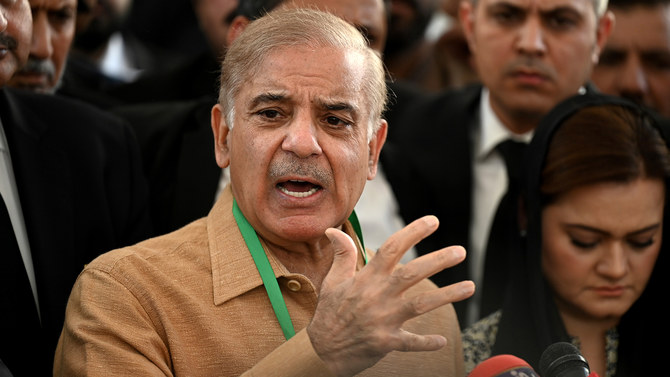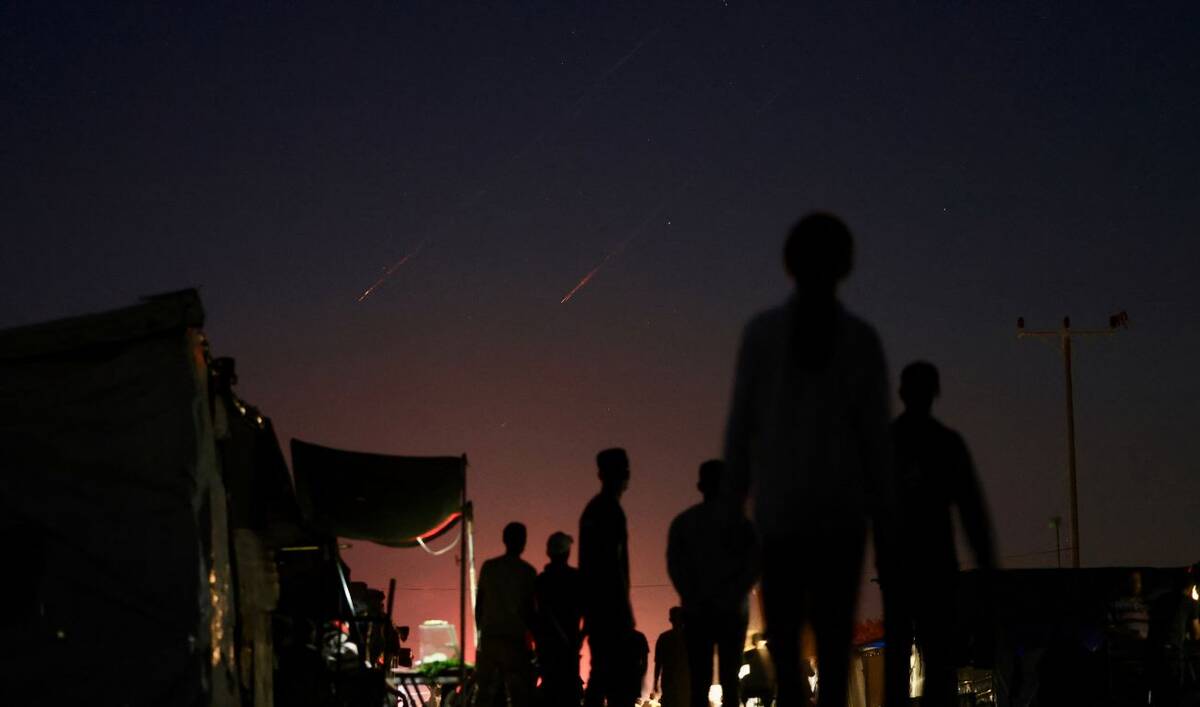ISLAMABAD: Pakistan’s anti-graft body is seeking to reopen cases involving former government officials accused of embezzling less than Rs500 million, said the local media on Thursday, as the South Asian nation gears up for general elections in January next year.
The Supreme Court of Pakistan gave a verdict last week to reinstate corruption references against public office holders that were dismissed after the administration of former prime minister Shehbaz Sharif made amendments to the country’s accountability laws. These amendments specified that the National Accountability Bureau (NAB) would not investigate corruption cases that involved less than Rs500 million.
According to local media reports, NAB has asked various authorities, including the Federal Investigation Agency (FIA), provincial anti-corruption units, banking courts, and the police, to return the corruption references that had been transferred to them as a result of the amendments.
Some of these cases involve high-profile individuals, such as former prime ministers Nawaz Sharif, Imran Khan, Shehbaz Sharif, Yousuf Raza Gilani, Raja Pervez Ashraf, Shahid Khaqan Abbasi, and Shaukat Aziz.
“The NAB headquarters has submitted an application before the registrar [of] accountability court Islamabad for [the] reopening of closed cases,” Pakistan’s Dawn newspaper said, citing a NAB source.
The exact count of the cases that are expected to be reopened following the top court’s verdict is still not clear, though an estimate suggests they are likely to be between 1,600 to 1,800 cases.
Aside from the former premiers, other prominent politicians whose cases are expected to be reopened include former president Asif Ali Zardari, former federal ministers Khawaja Saad Rafiq, Khawaja Asif, and Rana Sanaullah, among others.
The development comes at a time when Pakistan is gearing up for the next general elections which will be held in January amid heightened political, economic, and security crises in the country.

















